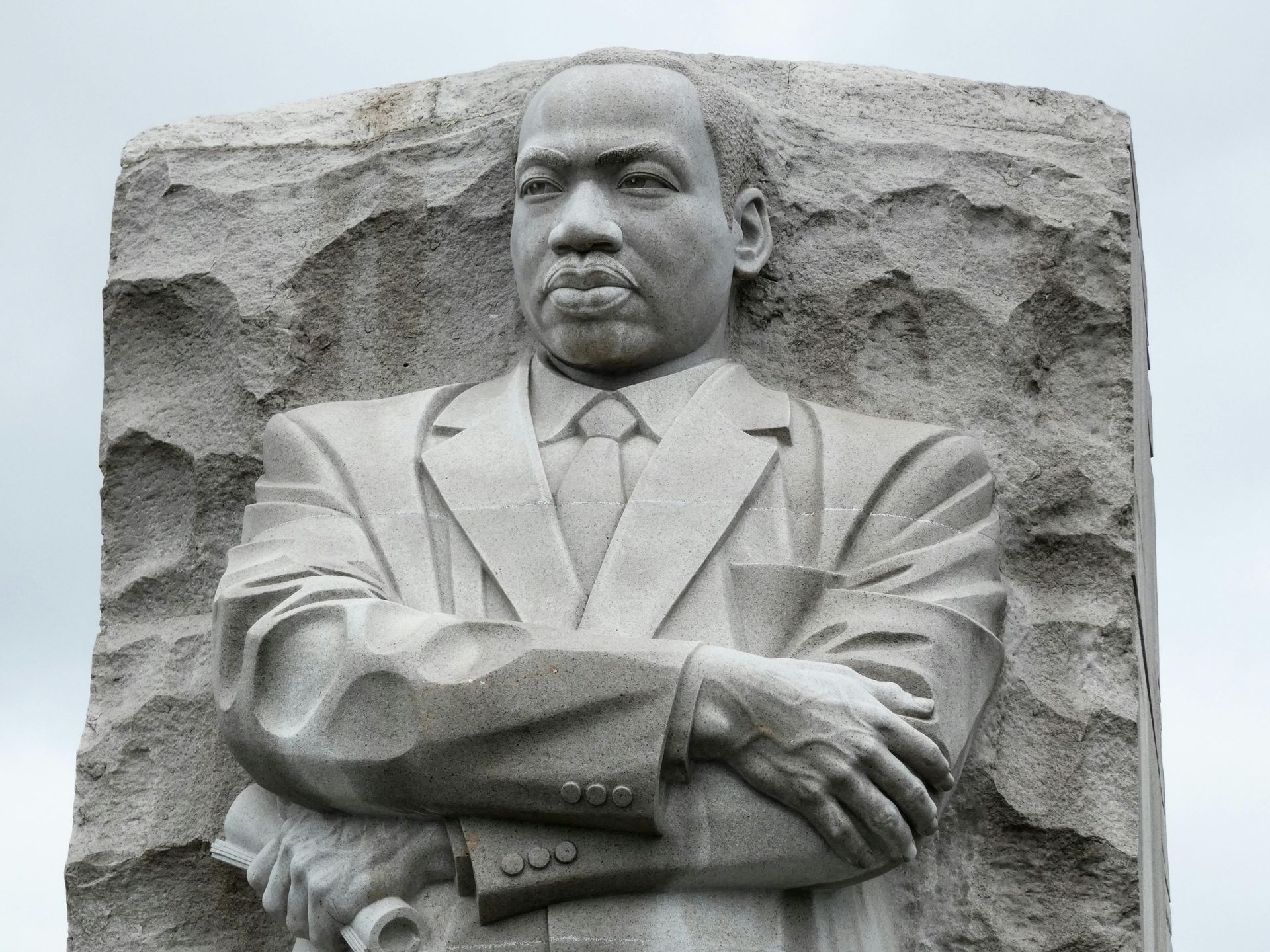25th Sunday B * September 22, 2024
25 th Sunday B
September 22, 2024
My father was often telling my brother, sister, and I, “If you can’t say something nice, don’t say anything.” I am not sure this came from him, but he liked to say this. As I look back on his life, it seems to me he followed this advice himself. I rarely heard him say a bad word about others. (He may have, but maybe I have chosen not to remember those occasions.)
As I get older it seems harder to follow this advice. We turn on the radio or TV and someone is being critical about a politician or a political party. It is easy to criticize the boss or someone who is in authority. The words “I could do better" slip out, without thinking about what we are saying.
In the gospel today the disciples are talking about who is the greatest. When Jesus asks him about their conversation, they feel like the boy caught with his hand in the cookie jar. Just as long as they thought Jesus couldn’t hear it felt ok to talk about who is greater, but once they find out Jesus heard them they are shamed into silence.
How often do we speak ill of someone else when they are not around, but would never consider doing so to their face? Trash talk seems ok when the person is not there to defend themselves, but we are silent when they are around. This is how a bully acts. A bully is all bluster and wind when with his cronies, but if confronted he is silent. This was what happened to the disciples. When their words were spoken back to them they were shamed into silence.
“If you don’t have anything good to say, say nothing.”
In the section of Mark’s gospel we are reading from this month, Jesus is giving important teachings to the disciples. This section of the gospel is the “listen up” section. Jesus is on his way to Jerusalem and the cross and he wants to make sure his disciples can continue on without him when he is gone.
Last week Jesus spoke to the disciples about the cross, “Can you carry a cross?"
Today we hear him speaking about what it means to be a disciple.
Mark tells us that Jesus sits down to speak with the disciples. When a Rabbi or teacher sat down it was recognized that his words would be important. This is the “listen up” position.
Today Jesus teaches about what it means to be a disciple. A disciple is about service. A disciple is like a child. A child in the time of Jesus was one without a voice or authority. The child was just above a slave and the child would be about helping out others. A child would not question “who is greater”; a child knows he/she is powerless.
The disciple in Jesus’ kingdom is a disciple who thinks of the other first and is of service to others. Pope Francis said; “if we are to be shepherds we must smell like the sheep.” To serve is a willingness to be one with the poor and needy.
I am reminded of the words of President John Kennedy, “Ask not what your country can do for you, but ask what you can do for your country.”
Maybe part of being a disciple is making a decision to speak only the good news to others. Trash talk or criticism can be just fodder for the rumor mill. The book we read from each week is called The Gospel, The Good News. What we need is more good news, not trash talk. Let us speak in such a way that we would not mind the one we were speaking about hearing what we said.
Jesus reminds us, again and again, that being a disciple is not easy. One way we can school ourselves in discipleship is to be quiet. We watch our words and are careful not to speak about another in a way we would not be comfortable speaking to his/her face.
My father was not perfect, but maybe he hit upon a good way to live life.
“If you can’t say anything good, don’t say anything at all.”






